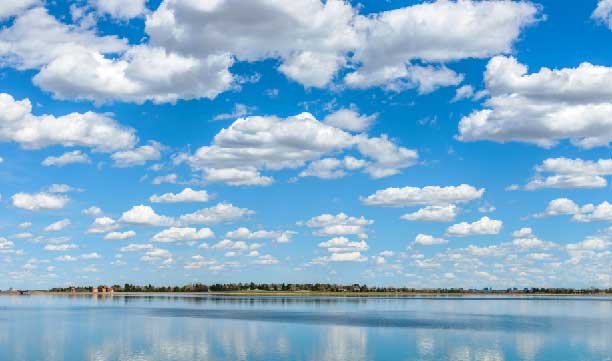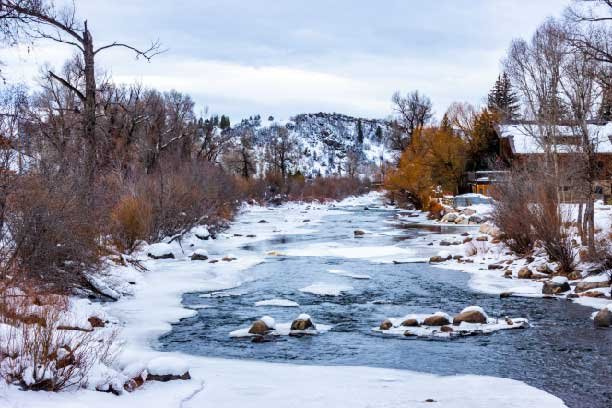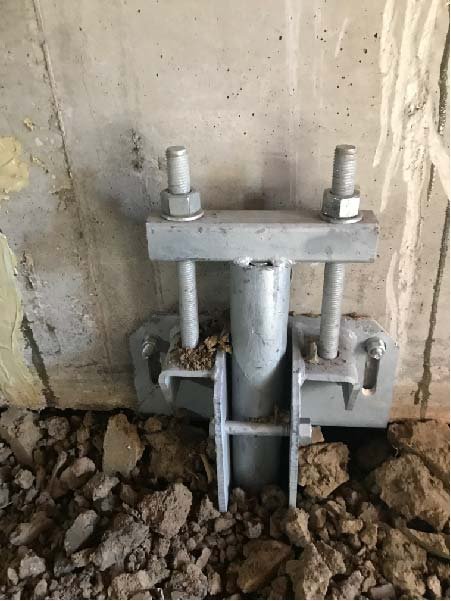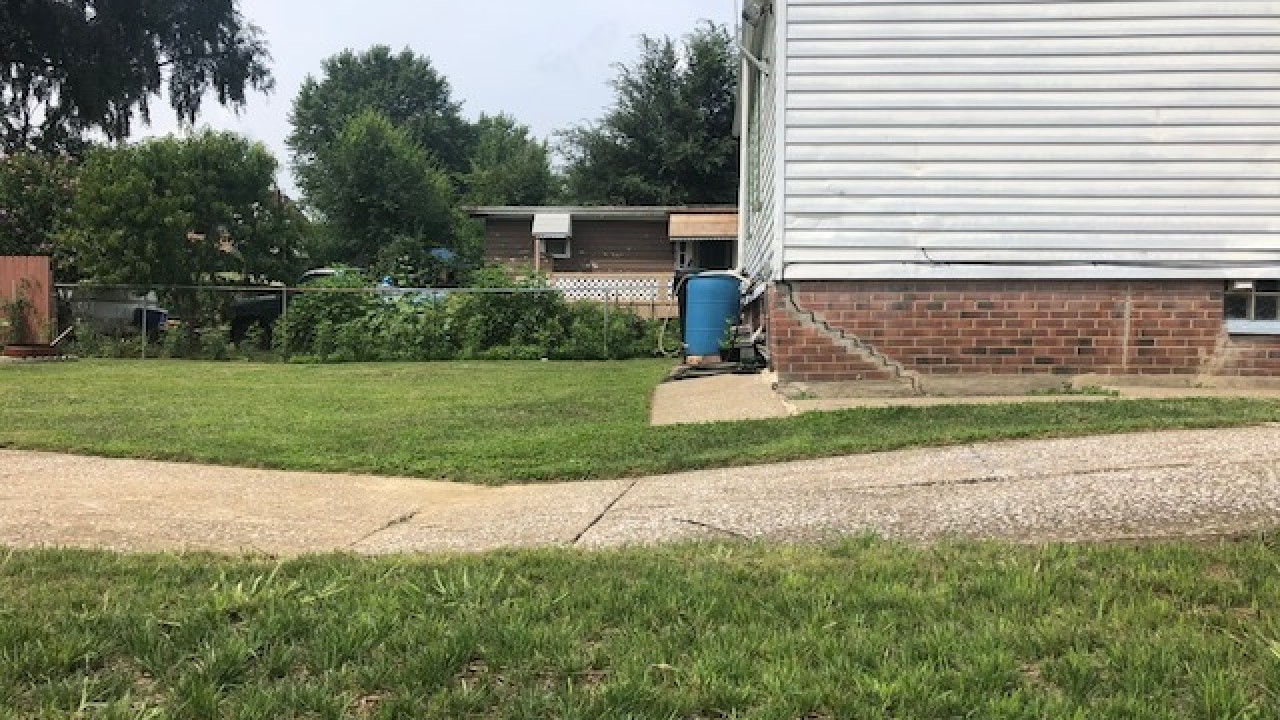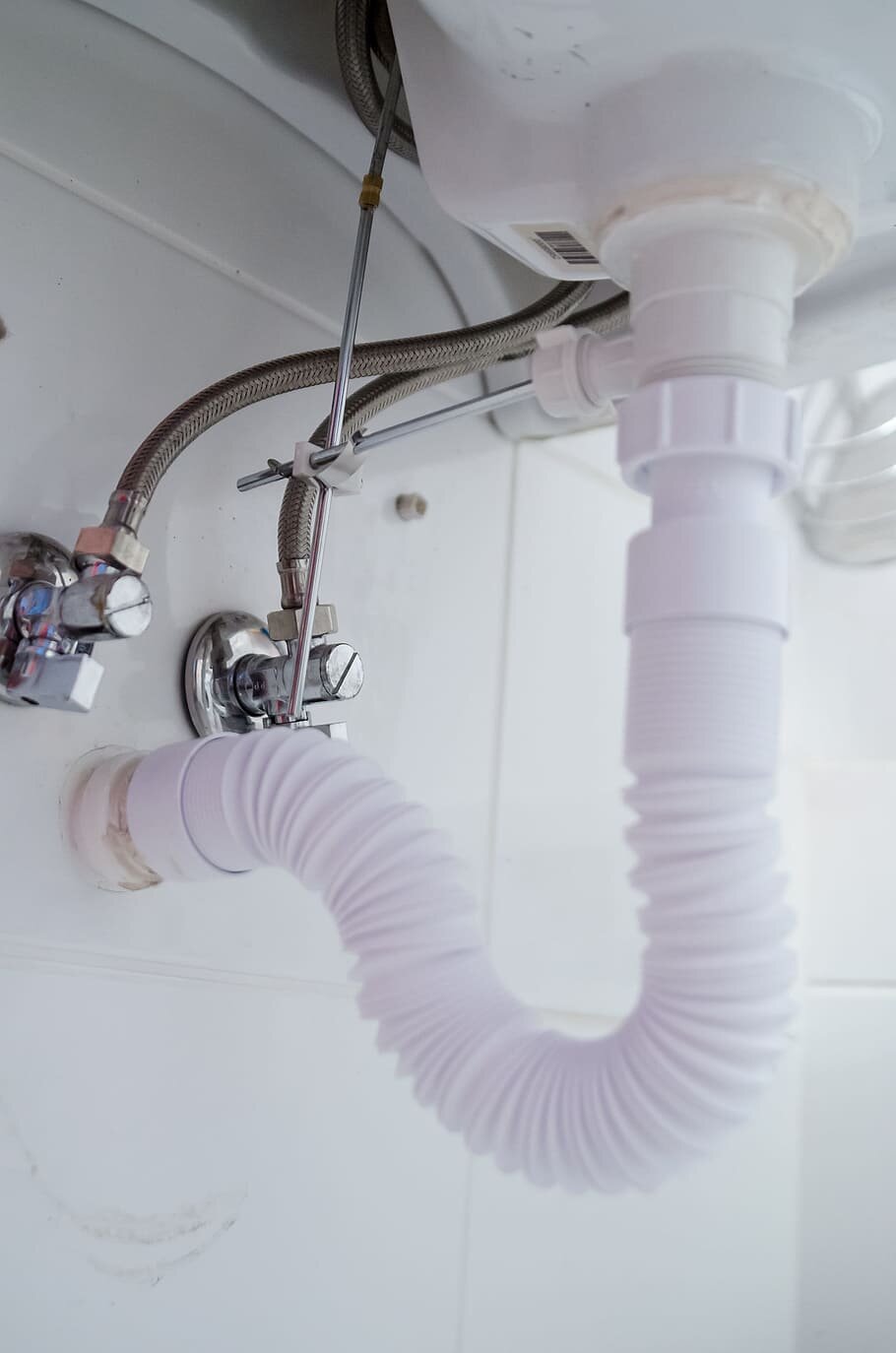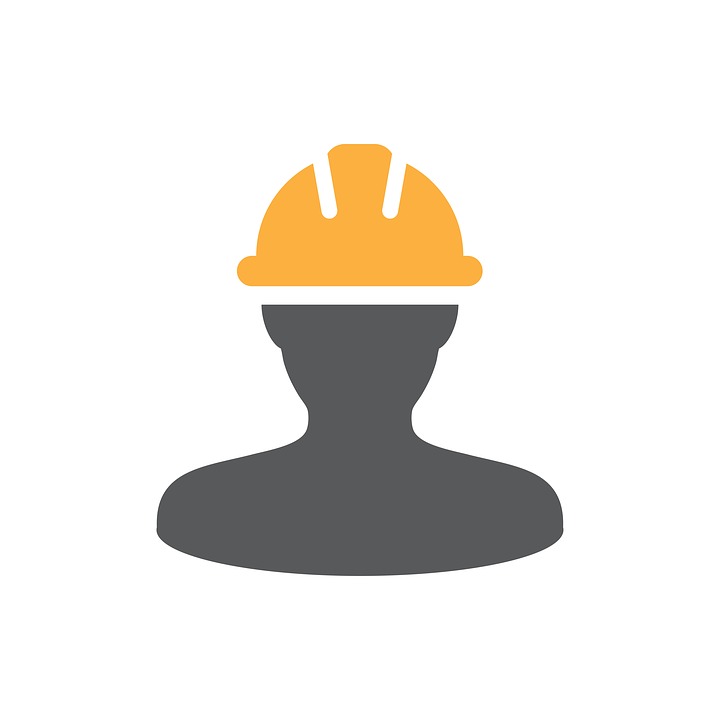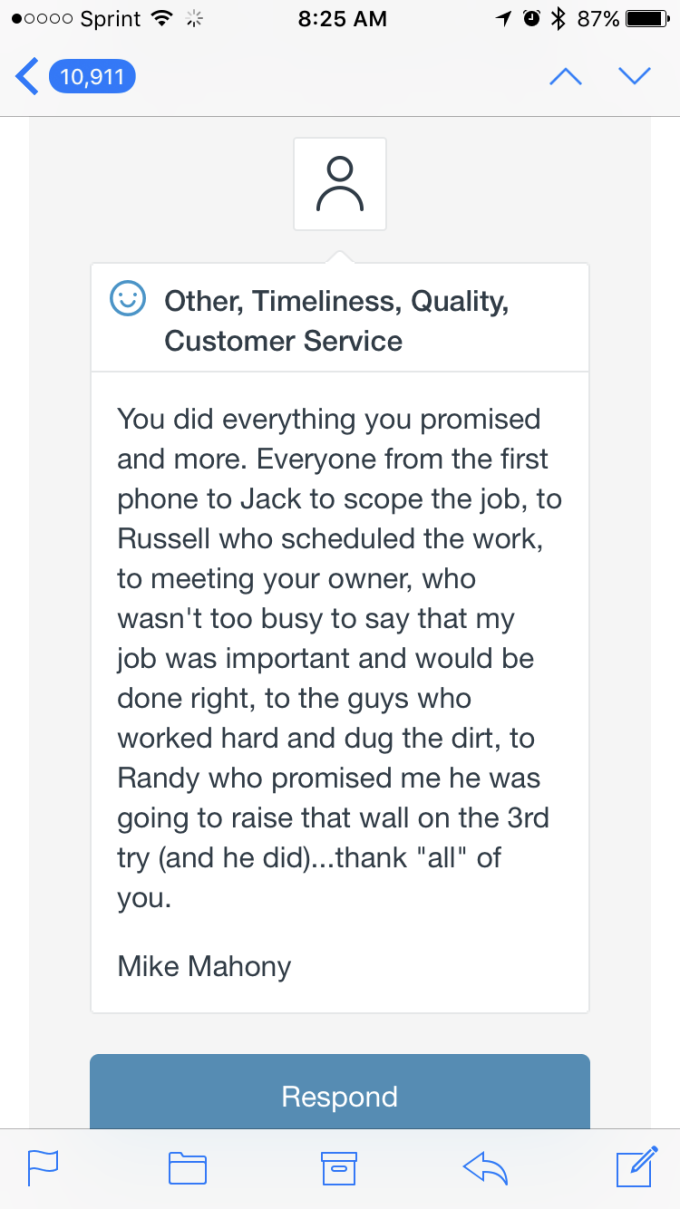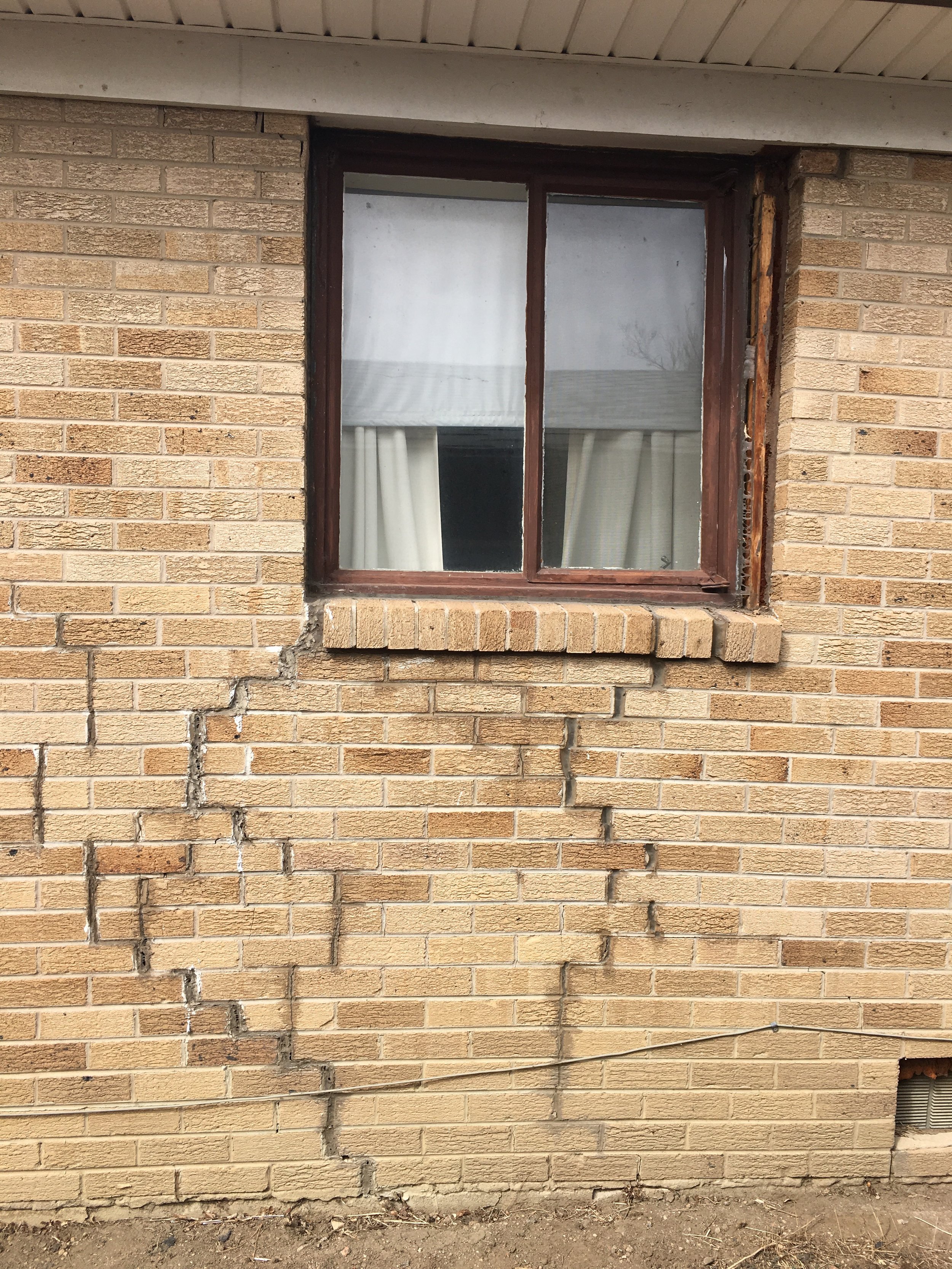What time of year is best for foundation repair in Colorado?
When considering foundation repair in Colorado, timing is crucial for optimal outcomes and cost-effectiveness. Different seasons present unique challenges and advantages for foundation work, so understanding the best time of year for these repairs is essential. This page explores the factors influencing the timing of foundation repair and offers guidance on choosing the most suitable season for your project.
Understanding Seasonal Considerations
Foundation repair in Colorado is influenced by the state's unique climate and geographical characteristics. Different seasons present varying challenges and advantages for foundation work, making it crucial for homeowners to understand the optimal timing for repairs. This page delves into the seasonal factors that impact foundation repair in Colorado and provides guidance on selecting the most suitable time for your project.
Soil Composition and Its Impact
Understanding the composition of the soil around your property is crucial for effective foundation repair. Different soil types, such as clay, sand, and loam, have varying levels of stability and moisture retention, which can influence the severity of foundation issues. This section explores how soil composition affects foundation stability and the importance of soil testing in determining the appropriate repair solutions.
Localized Climate Factors
While Colorado has a generally arid climate, localized weather patterns can significantly impact foundation health. Areas prone to heavy rainfall or snowfall may experience more frequent moisture-related foundation problems, while regions with high winds or seismic activity may face additional structural challenges. This section examines how localized climate factors influence foundation issues and the importance of tailoring repair strategies to specific environmental conditions.
Spring: Ideal Conditions and Considerations
Spring is typically considered an ideal time for foundation repair in Colorado, characterized by mild temperatures and moderate rainfall. As frozen ground thaws, it allows for easier excavation and access to the foundation. Increased soil moisture levels during spring can also help stabilize the soil around the home. Addressing foundation issues early in the season can prevent them from worsening during the wetter summer months.
Frozen ground thaws, facilitating easier excavation and access to the foundation.
Increased soil moisture levels stabilize the soil around the home.
Addressing foundation issues early in the season can prevent them from worsening during the wetter summer months.
Tip: Schedule repairs early in the season to avoid delays due to high demand for contractors.
Summer: Managing Challenges and Opportunities
Summer in Colorado presents its own set of challenges and opportunities for foundation repair. Dry soil conditions may facilitate certain repairs, but extreme heat can pose challenges for outdoor work and concrete curing. Additionally, contractors tend to be busier during the summer months, leading to potential scheduling delays.
Dry soil conditions facilitate certain repairs, but extreme heat can pose challenges for outdoor work and concrete curing.
Contractors tend to be busier during the summer months, leading to potential scheduling delays.
Tip: Plan ahead and communicate closely with your chosen contractor to ensure timely completion of the project.
Fall: Maximizing the Repair Window
Fall offers a prime window for foundation repair in Colorado, with cooler temperatures and reduced rainfall creating optimal conditions for construction work. The relatively dry soil makes excavation and stabilization easier, while cooler weather minimizes the risk of heat-related issues. Homeowners should take advantage of this opportune time to address existing foundation problems before the onset of winter.
Cooler temperatures and reduced rainfall create optimal conditions for construction work.
Relatively dry soil makes excavation and stabilization easier.
Cooler weather minimizes the risk of heat-related issues.
Tip: Schedule repairs during the fall to maximize the repair window and minimize potential weather-related delays.
Winter: Special Considerations and Limitations
Winter poses unique challenges for foundation repair in Colorado, including frozen ground, limited daylight hours, and potential weather-related delays. While minor repairs may be feasible, extensive projects are often postponed until spring or fall when conditions are more favorable. However, it's important to note that all types of foundation repair can be performed in winter with proper precautions and expertise.
Frozen ground, limited daylight hours, and potential weather-related delays pose challenges for repairs.
Extensive projects are often postponed until spring or fall when conditions are more favorable.
Tip: Consider the limitations of winter repairs and plan for more extensive projects during milder seasons.
Other Considerations: Contractor Availability, Budgeting, and Permitting in Colorado
In addition to seasonal factors, homeowners in Colorado should consider practical aspects when scheduling foundation repairs. Contractor availability may vary, so it's crucial to book services well in advance. Budgeting should also account for potential seasonal fluctuations in material costs and labor rates. Obtaining necessary permits for construction work should be factored into the project timeline and planning process.
Structural Assessment and Diagnosis
Before embarking on foundation repairs, it's essential to conduct a thorough structural assessment to identify the root causes of the problem. This section outlines the key steps involved in diagnosing foundation issues, including visual inspections, structural analysis, and soil testing. By accurately diagnosing the underlying issues, homeowners can implement targeted repair solutions that address the root cause of the problem and prevent future damage.
Preventive Maintenance Strategies
In addition to addressing existing foundation issues, proactive maintenance is essential for preserving the long-term stability of your home's foundation. This section discusses preventive maintenance strategies that homeowners can implement to mitigate the risk of foundation problems, such as maintaining proper drainage, landscaping practices, and regular inspections. By investing in preventive maintenance, homeowners can extend the lifespan of their foundation and minimize the need for costly repairs in the future.
Choosing the Right Time for Your Project
Selecting the best time for foundation repair in Colorado involves weighing various factors, including the nature of the issue and local climate conditions. By considering these factors carefully and collaborating with experienced professionals, homeowners can ensure efficient and effective completion of their foundation repair project, regardless of the season.
Foundation problems vary in severity, with some being minor and others posing serious risks. Homeowners can often live in a house with small foundation issues, but waiting too long to address major structural damage can lead to costly repairs, water intrusion, and safety hazards.
Helical piers are an effective solution for lifting and stabilizing homes that have settled due to soil movement or foundation issues. By anchoring deep into stable soil, they restore structural integrity, level floors, and prevent further damage.
Replacing a foundation under an older home is possible but requires expert planning, structural support, and careful execution. While the process can be complex and costly, it provides long-term stability, protects against structural damage, and can even add usable space.
Polyurethane foam may seem like a quick fix for foundation repair, but it fails within a few years, leading to costly removal and repeat repairs. Its environmental impact, lack of long-term stability, and high removal costs make it a poor choice compared to more durable solutions like helical piers or push piers.
A weak foundation can lead to structural damage, uneven floors, water intrusion, and decreased property value if left unaddressed. Recognizing early warning signs and seeking professional foundation repair solutions can help maintain long-term stability and protect your home.
When considering foundation repair in Colorado, timing is crucial for optimal outcomes and cost-effectiveness. Different seasons present unique challenges and advantages for foundation work, so understanding the best time of year for these repairs is essential.
Dealing with a crumbling foundation can be daunting, but with the right approach and professional assistance, it's often possible to address the issues and restore the structural integrity of the foundation.
Understanding the signs of foundation damage is crucial for homeowners to maintain the structural integrity of their properties. Foundation issues can manifest in various ways, from visible cracks in walls to uneven floors and doors that stick.
Foundation repair is a critical process for maintaining the structural integrity of your home. When faced with foundation issues, one of the most common questions homeowners have is, "How long will it take to repair?"
Owning an older home comes with its own set of joys and challenges, particularly when it comes to foundation issues. While every property requires upkeep, older houses often demand extra care due to their age.
Foundation piers play a critical role in preventing further settlement and maintaining the structural integrity of buildings, both residential and commercial. With proper installation foundation piers offer peace of mind and ensure the stability and durability of your home.
Foundation stabilization is essential for maintaining building integrity. Our guide provides an overview of various techniques, helping property owners make informed decisions to address their foundation repair needs effectively.
Understanding the type of foundation your house has is crucial in determining the feasibility of repair. Knowing when it's time to walk away and consider alternative options can save you time, money, and stress in the long run.
Foundation problems can escalate if left untreated, leading to significant structural damage and costly repairs. Understanding the potential consequences of ignoring foundation issues is essential for homeowners and property owners.
Are you noticing signs of potential foundation issues in your home or property? Understanding the common symptoms of foundation damage and the remedies available can help you assess whether foundation repair may be necessary.
Explore the 11 best foundation repair methods available today. Whether you're dealing with cracks, settling, or other forms of foundation damage, understanding these methods can empower you to make the right choice for your property's stability and longevity.


